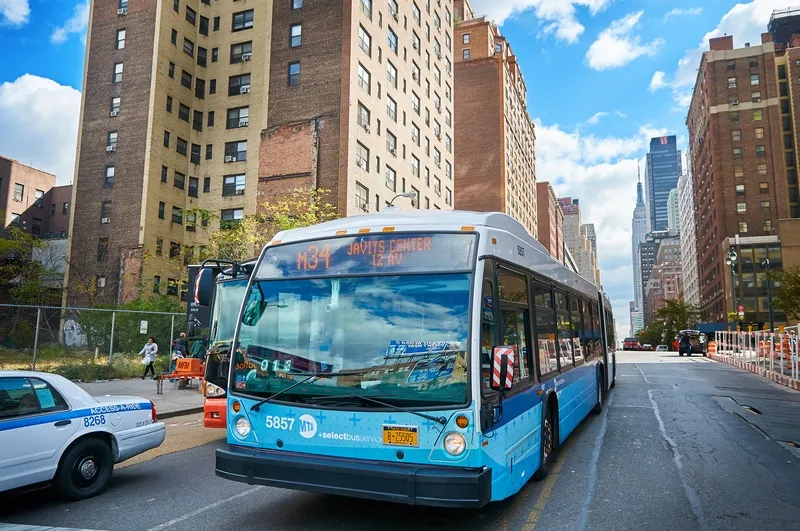Responding to proposed changes to penalties on drivers using a hand-held mobile phone, the Freight Transport Association (FTA) has said that better enforcement is needed before penalties are increased.
After consulting with members at its Road Freight Council Meeting in London yesterday, the FTA stated that the use of modern technology and cameras should be able to enable authorities to improve enforcement and provide evidence against those breaking the law.
The recently launched consultation proc
February 8, 2016
Read time: 2 mins
Responding to proposed changes to penalties on drivers using a hand-held mobile phone, the 6983 Freight Transport Association (FTA) has said that better enforcement is needed before penalties are increased.
After consulting with members at its Road Freight Council Meeting in London yesterday, the FTA stated that the use of modern technology and cameras should be able to enable authorities to improve enforcement and provide evidence against those breaking the law.
The recently launched consultation process by the1837 Department for Transport (DfT) outlined the proposed changes to penalties for the offence of using a hand-held mobile phone while driving. The announcement outlined consideration by the Government to increase the cost of a fixed penalty notice from £100 to £150 for all drivers, and the number of penalty points on an HGV driver’s licence would rise from three to six.
Ian Gallagher, FTA head of policy south west and Wales said: "FTA members have told us that whilst they welcome the increase in sanctions they believe there is a definite need for better enforcement against drivers using mobile phones when behind the wheel.
“We know that many already have a ‘zero-tolerance’ approach to their drivers using a hand held mobile device in their Terms and Conditions of employment, and a single offence would mean the driver losing their job. HGV drivers are also subject to regulation by the Traffic Commissioners and a second offence could lead to a two or three week suspension of their HGV licence.”
After consulting with members at its Road Freight Council Meeting in London yesterday, the FTA stated that the use of modern technology and cameras should be able to enable authorities to improve enforcement and provide evidence against those breaking the law.
The recently launched consultation process by the
Ian Gallagher, FTA head of policy south west and Wales said: "FTA members have told us that whilst they welcome the increase in sanctions they believe there is a definite need for better enforcement against drivers using mobile phones when behind the wheel.
“We know that many already have a ‘zero-tolerance’ approach to their drivers using a hand held mobile device in their Terms and Conditions of employment, and a single offence would mean the driver losing their job. HGV drivers are also subject to regulation by the Traffic Commissioners and a second offence could lead to a two or three week suspension of their HGV licence.”









